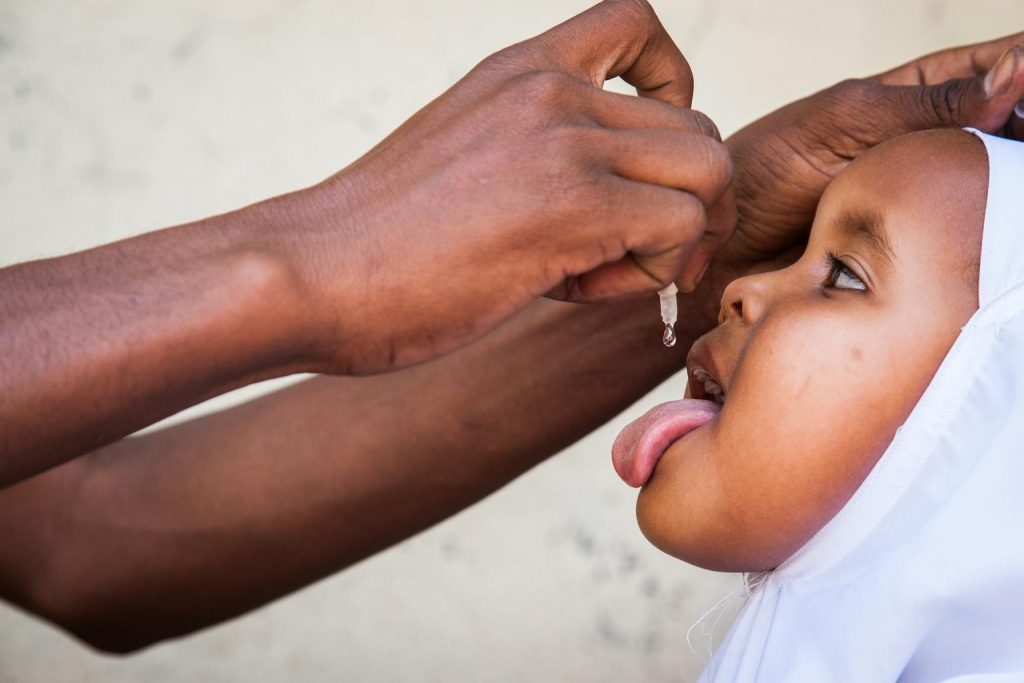The drought in the Horn of Africa and the protracted conflict has created a humanitarian emergency that has led to a declaration of famine in several regions of Somalia and the Somali region of Ethiopia. As a result of depleted water resources, widespread internal displacement, malnutrition, and inadequate water and sanitation facilities, cholera outbreaks have occurred.
The evidence synthesis produced during the 2017 epidemic responds to concerns raised by UNICEF about the humanitarian response. It contributes to answer the following questions:
a) What are the practices, behaviours, social norms and wider factors that increase the risk of cholera/AWD transmission among communities in Somalia and the Somali region of Ethiopia?
b) What beliefs and other socio-economic factors influence the decision to seek treatment for cholera/AWD (for adults, adolescents and children) from health facilities in Somalia and the Somali region of Ethiopia?
The research questions were agreed between UNICEF Eastern and Southern Africa Office (ESARO) and Communication for Development (C4D) staff and researchers for the Social Science in Humanitarian Action Platform. The Platform provides evidence synthesis and social science analysis of the social dimensions of humanitarian emergencies.
This paper draws upon an extensive desk review of more than 80 peer-reviewed articles, research papers and humanitarian reports. It also synthesises the contributions of 15 regional experts who were interviewed or sent email responses. Consultation with experts allows for the inclusion of up-to-date insights and a broader range of perspectives that are not available in published literature.
The geographic focus is the three regions of Somalia (Somaliland, Puntland and South Central region) as well as the adjacent Somali region of Ethiopia in the easternmost part of the Horn of Africa. Much of the evidence here, however, applies to people of Somali origin living in the Horn, including Djibouti and Northern Kenya.
This paper focuses on three main aspects of cholera transmission and treatment-seeking behaviours: Firstly, the social, economic and political vulnerabilities to cholera. It explores the political conflict and its role in shaping access to water and health. It will show that different Somalis, depending on their livelihood and geographical location (pastoralists, agro-pastoralists, riverine farmers, IDPs or urban dwellers) have different vulnerabilities to cholera infection. Secondly, the evidence brief highlights behaviours and practices related to the transmission of cholera. Lastly, it explores the Somali health system and identifies the factors that determine health-seeking behaviours in general and treatment-seeking in the case of cholera.
The recommendations include (i) advocacy for investment in water and sanitation and health facilities and infrastructure; and deepening of social protection and livelihood programmes. (ii) working with local understandings of the disease and enhanced transparency; (iii) addressing multiple care options; (iii) recognise and incorporate religious practices when addressing care seeking and (iv) build trust and social capacity of care providers.
To access the evidence synthesis click here.
Please note the Social Science in Humanitarian Action Platform is not responsible for the content of external websites.



